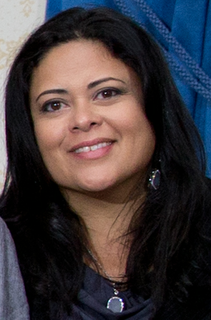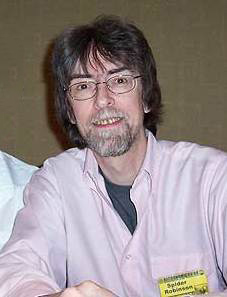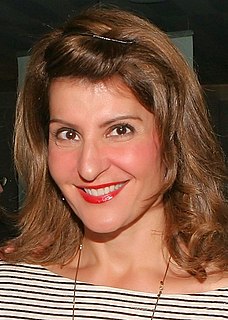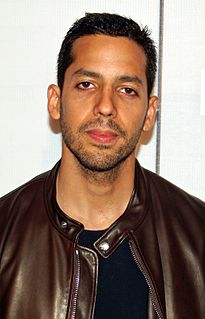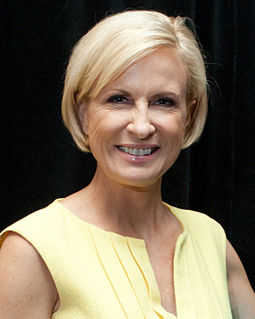A Quote by Maya Soetoro-Ng
It was as a mother that I needed my mother back, and I needed to conjure her anew and think about what she would have counselled and what she would have given.
Related Quotes
I mean, her father was an alcoholic, and her mother was the suffering wife of a man who she could never predict what he would do, where he would be, who he would be. And it's sort of interesting because Eleanor Roosevelt never writes about her mother's agony. She only writes about her father's agony. But her whole life is dedicated to making it better for people in the kind of need and pain and anguish that her mother was in.
The problem with my mother is that she didn't go to the doctor. And I think by the time she started to show symptoms that something might not be right, and finally went to the doctor, she was so close to her death that she couldn't get the care she had needed. Her big issue was not going to the doctor.
As a child, Kate hat once asked her mother how she would know she was in love. Her mother had said she would know she was in love when she would be willing to give up chocolate forever to be with that person for even an hour. Kate, a dedicated and hopeless chocoholic, had decided right then that she would never fall in love. She had been sure that no male was worth such privation.
It's useful to know how much society's holding you back. My mother would talk about how she was told by the head of her art school that she was the best painter, but that she wouldn't get the biggest prize because she would waste her talent by having children. I think we have to get honest with girls about how they can expect the world to block them, and we have to prepare girls, and ourselves, to break through those blocks.
